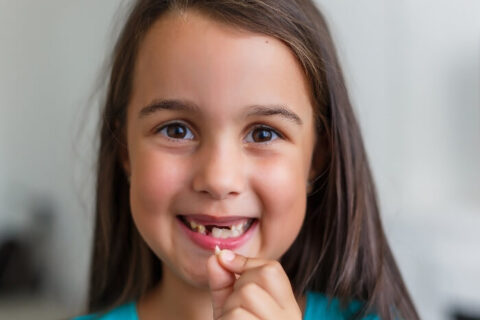Dr. Mas Presents: Fueling Young Athletes: The Power of Sport Nutrition!
Sport nutrition refers to the food and fluid needed to support the additional training and activity of an athlete. At Brevard Health Alliance, we have providers who specialize in sports medicine that are ready to guide you and your student athlete to making healthy choices.
Adequate day-to-day nutrition supports healthy growth and development, boosts immune system and works to heal sport injuries. Then the young athlete can focus on what to eat before an event, how much to drink during a game and what the best meal for recovery is.
A proper diet plays a role in keeping young athletes free of illness and injury so they can train properly. Training can cause inflammation and pain; the right diet can help build a strong immune system and skeleton and keep them energized and can result in high quality training and performance.

Dr. Mas, of Brevard Health Alliance Pediatrics, offers insights into fueling young athletes.
A solid diet foundation needs to be the number one priority.
The daily nutrition requirements vary based on developmental age, sex, body type and body composition. Once daily nutritional needs are met, then the extra foods and fluids to support training become the focus. The day-to-day diet should include adequate amounts of 6 nutrients for the body to function properly.
- Water – a part of all cells and vital to life
- Carbohydrates, protein, fat – supply energy needed to fuel working muscles
- Vitamin, minerals – vital to life and needed for normal growth and development.
Choosemyplate.gov is a tool that can help you eat right. The food groups that make up the plate are the same, but the amount of food will differ. For example, a 14-year-old gymnast and a 17-year-old linebacker can both use the plate to guide their food choices but the linebacker may need to eat double the amount of food to meet his nutritional needs. This will help you calculate individual nutrition needs and portion sizes.
Young athletes require more of the nutrients that provide energy.
- Carbohydrates/complex carbs are digested slowly; they are a steady source of energy throughout the day and should be the majority of the youth diet. Examples of complex carbs are whole grains, fiber rich fruits, fiber rich vegetables, beans.
- Simple carbs digest quickly and are a good source of fuel when energy is needed quickly like before or during an event or between competitions. Examples of healthy simple carbs are fruits like bananas, raisins, also milk, yogurt.
- Fat is also a valuable fuel for working muscles in young athletes.
- Protein is needed to build muscle. Spread protein the intake equally over the course of the day.
- Youth athletes do not require more vitamins and minerals than nonathletes but the consequences of insufficient intake are more acute.
- For instance, low iron – impaired thinking, fatigue, irritability, decreased attention
- Calcium/Vit D: Builds a strong skeleton and withstands long hours of practice, training, competition
- Hydration: There is no cheaper, simpler or more effective way to help performance and protect health than staying hydrating during exercise. Dehydration leads to decreased endurance and performance by negatively affecting the cardiovascular system, thermoregulation and causes fatigue.
To help break down the barriers to healthy eating will require planning meals, snacks and preparing then the night before or bulk cooking ahead of time.
Remember: parents and caretakers play an enormous role in setting up a growing athlete for success. If you want to help your youth athlete perform better and succeed over the long-term focus on:
- An eating plan that keeps an athlete healthy, strong, supports training and promotes proper recovery.
- Adequate sleep for growth and development
- Adequate hydration
- Vitamins or mineral supplements only when deficiencies are identified.
Food helps them feel good and perform well not just in sports but also in school. Adolescence can be a challenging time; keep the conversation about eating habits related to health and sport performance and not body image.
If you or your child have questions about nutrition to support their sport activities, ask your pediatrician! We’re here to help!
















































































































































